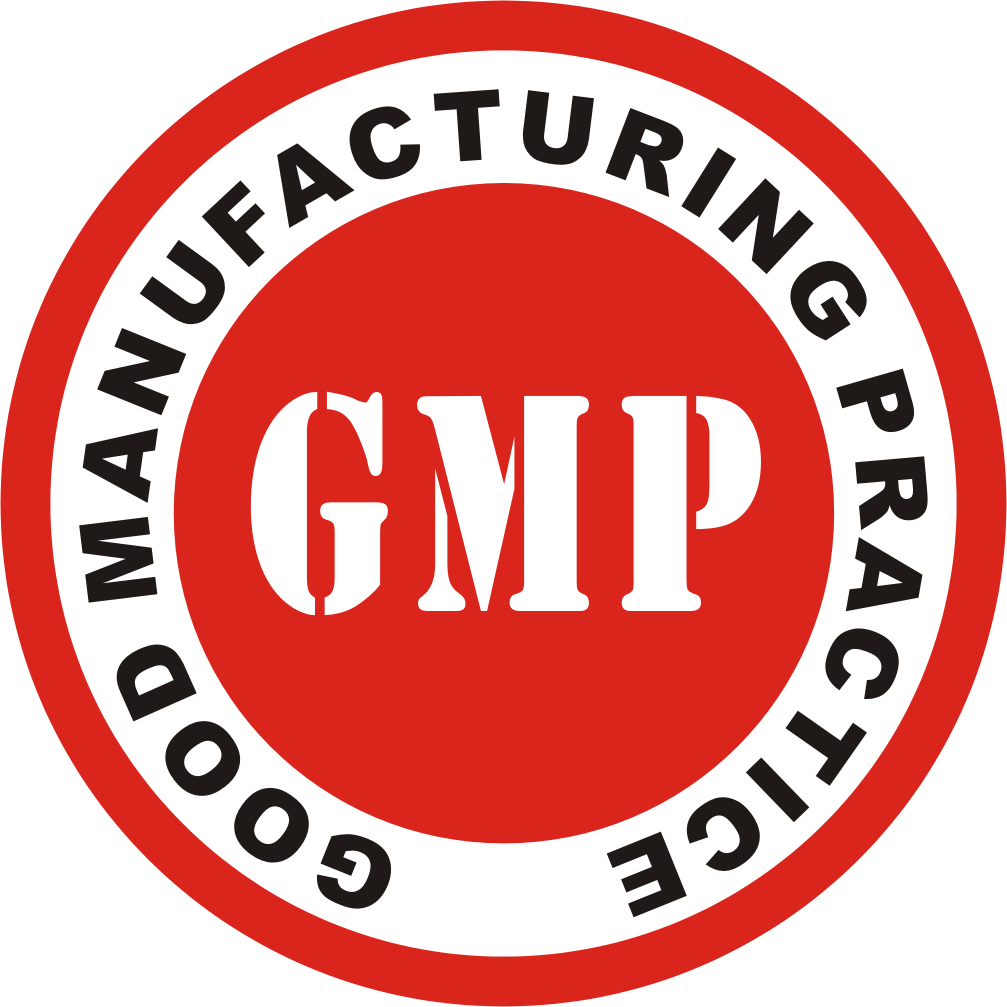
Traditional Chinese Medicine
√ Gluten-Free √ Halal
What Is Chinese Medicine?
Chinese medicine has been used for thousands of years in China to treat illnesses, maintain wellness and prevent diseases. Today, there are more than 450 substances commonly used in Chinese medicine - most are of plant origin though some animal and mineral substances may also be used. You may find some of these substances in your meal, such as ginger, tumeric and cinnamon. However, many of the substances used will be unfamiliar to you and have names like chai hu (bupleurum), di huang (rehmannia), and huang qi (astragalus). Some substances that were used traditionally are no longer part of modern professional Chinese herbal medicine practice. For example, traditional remedies that are derived from endangered species have been replaced by other substances with similar actions. There are many forms of Chinese medicine available nowadays, through oral consumption (decoction, powder, syrup, tablets, honey pills, capsules) and skin absorption (cream, ointment, plaster, cleanser) and so on.
A Customised Formula
If necessary, Chinese medicine is prescribed to you after assessing and reviewing your health condition. Unlike proprietary products, a Chinese medicine prescription is a customised formula, typically comprised of 10-15 herbs, in an appropriate dosage depending on your current conditions, body constitution and syndrome differentiation - these factors change from time to time, and therefore a weekly or bi-weekly review and modification of the prescription is needed. You might be asked to take Chinese Medicine at the same period when you are receiving treatments, to enhance the total treatment effect. For treating of chronic conditions, Chinese medicine is usually to be taken daily for several months, whereas the course for treating acute conditions varies from days to weeks.
All Our Chinese Medicine Are Approved By HSA
All Chinese medicine in our clinic are approved by Health Sciences Authority (HSA) Singapore. Our main suppliers are Kaiser Pharmaceutical (Singapore) Pte Ltd (the Singapore distributor for Kaiser Pharmaceutical Co.(KP) Taiwan) and Sun Ten (S) Pte Ltd (the Singapore distributor for Sun Ten Pharmaceutical Co. Ltd), which manufactures premium Chinese herbs, herbal extracts, and herbal preparations. They are one of the most established and respected producers of concentrated Chinese herbs in all of Asia. Modern scientific processing methods and rigorous quality control set KP's and Sun Ten's herbs apart from all other sources of Chinese herbs.
Authentic Herbs That Are Safe To Consume
These herbs have passed through the TCM industry’s most rigorous testing standards and inspection processes (see KP's Quality Assurance & Quality Control). They pass tests for the full range of today’s contaminants - tests include analysis for heavy metals, such as lead, copper, cadmium, arsenic and mercury, dangerous pesticides, sulfur dioxide, aflatoxins and aristolochic acid.
The manufacturer also performs TLC analysis and UPLC-MS-MS analysis to distinguish the authentic herbs from the common substitutes and maintain an inflexible, uniform policy forbidding any ingredients tainted with the presence of aristolochic acid.
These tests are integrated into both initial and final steps in their Manufacturing Process; from authentication of raw herbs, herbal preparation, extraction, collection and restoration of essential oil, herbal concentration, granulation, to packaging. A Certificate of Analysis (COA) is produced with each batch of herbs. The COA documents the excellent quality of their herbal extracts. Only batches that fulfill the ‘Golden Standard’* are packaged and distributed.
*The Golden Standard is a collection of the strictest criteria of the safety standards from the U.S., Singapore, the E.U. and Japan. The high standard ensures KP’s herbal products may be consumed safely across the world, making them truly world-class.
I am taking other drugs, supplements and herbal mixtures. May I take Chinese medicine as well?
Many people combine conventional and complementary medicine to achieve the best possible outcome in treating their conditions. We understand your concern about repetition, counteraction and any undesirable adverse effects when taking many drugs and/or herbs together. There is minimal risk of interaction between most drugs and herbs. However, do let the physician know if you are taking any prescribed medicine, over-the-counter drugs, nutritional supplements, or other herbs. The physician will advise you accordingly.






